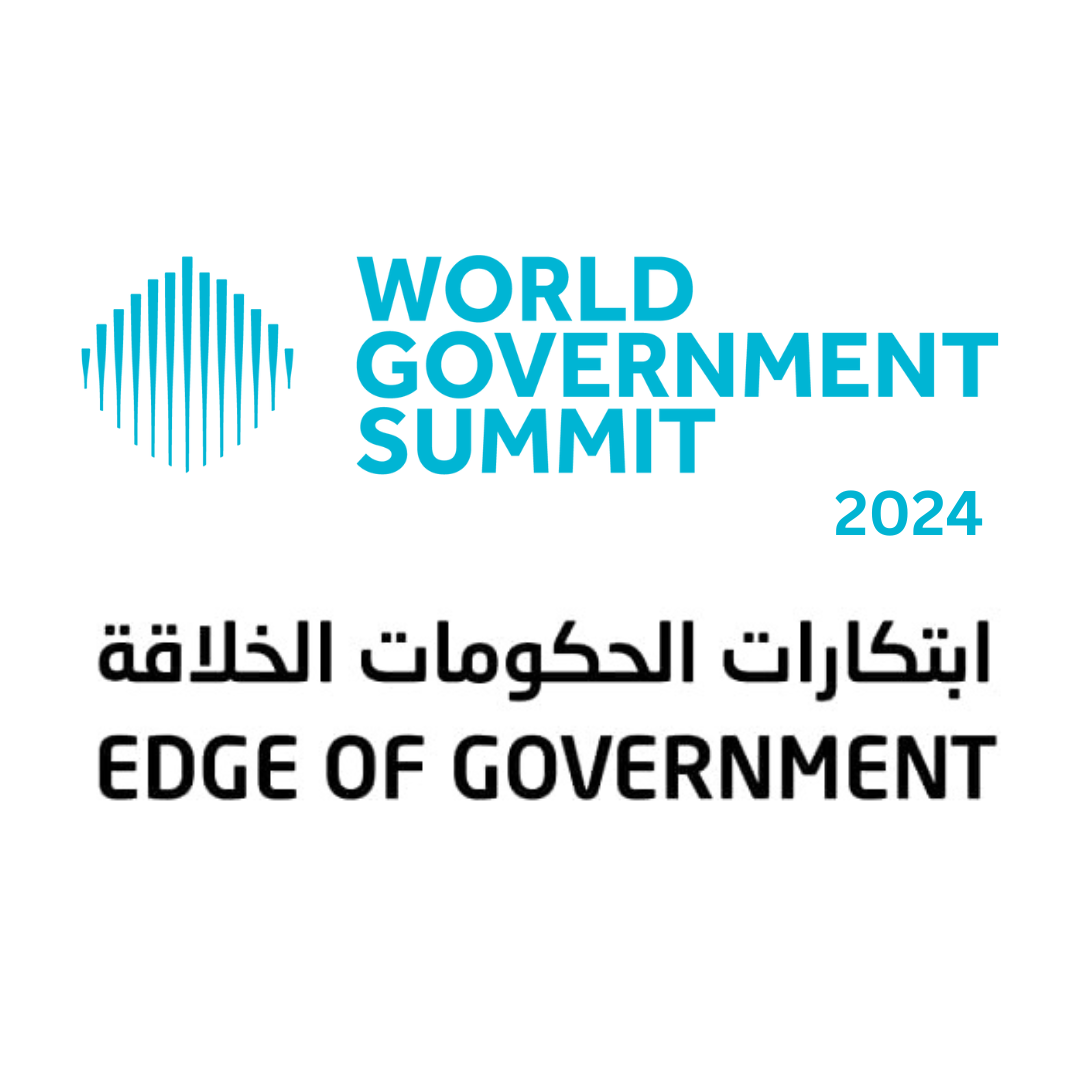Good Practice
The Transition Cycle: Debates for a New Economy
A series of conferences on the main socio-environmental crises we face as a society.
POLICY OBJECTIVE
A conference open to all city residents in a public space to take the debate to the people and increase social knowledge about the global crisis and the need for new values and lifestyles to address and ameliorate it. A debate with local experts, municipal specialists and a small number of organisations, focusing the debate on the city of Barcelona and specifying the main challenges we face and how to tackle them.
CONTEXT
Barcelona’s Climate Emergency Declaration urges us to change the way we get around, how we feed ourselves, how we consume, how we educate, etc. and to move from an economic model based on continual growth, everincreasing consumption of natural resources and growing inequalities, to one that respects the planet’s ecological limits and guarantees a decent life for everyone. The Doughnut Economics model is a response to the necessary change to which this declaration commits us.
POLICY DESCRIPTION
A series of conferences with internationally renowned experts, involving the general public in the debate on the main socio-environmental crises we are facing as a society and which are due mainly to the current economic model. Reflection also centres on the transition needed to overcome these crises, and place actions at the centre of the cultural agenda, identifying local challenges and opportunities.
Some of the challenges and opportunities identified related clearly to pace of life, and how citizens use their time, as ways to shift to a slower, more environmentally-respectful city. For example, some conferences analysed what it means to live within the “fair and safe thriving space” of the Doughnut Economics model and how to develop its proposals: adding social and ecological limits, local aspirations and global responsibilities to obtain four intersected “lenses” through which to visualise the future we want. This involves asking a question, complemented by each lens:
“What makes it possible for city residents to thrive…” Social-local lens “… within a habitat that is as naturalised as possible…” Ecological-local lens
“… while respecting the well-being of other people…” Social-global lens
“… and the health of the entire planet?” Ecological-global lens
KEY ASPECTS
This change of paradigm proposes moving from an economic model based on the undefined growth of a single monetary indicator, the GDP, to another model that allows us to thrive, something which involves taking into consideration the well-being of society and the planet, and must therefore be designed to be distributive and regenerative. The achievement of these objectives is measured via a set of social and ecological indicators.
As researcher Kate Raworth affirms: “We have an economy that grows, whether we thrive or not, and we have to move to an economy that allows us to thrive, whether it grows or not”.
RESULTS
Conferences led to defining a new working framework for those organisations that are committed towards sustainability (“Xarxa Barcelona +Sostenible). The new Citizen Commitment to Sustainability was elaborated having in mind the Doughnout Economy model and the other conferences held during the Transition Cycle.
Helena
Barracó i Nogués
Office for Climate Change and Sustainability – Urban Ecology





